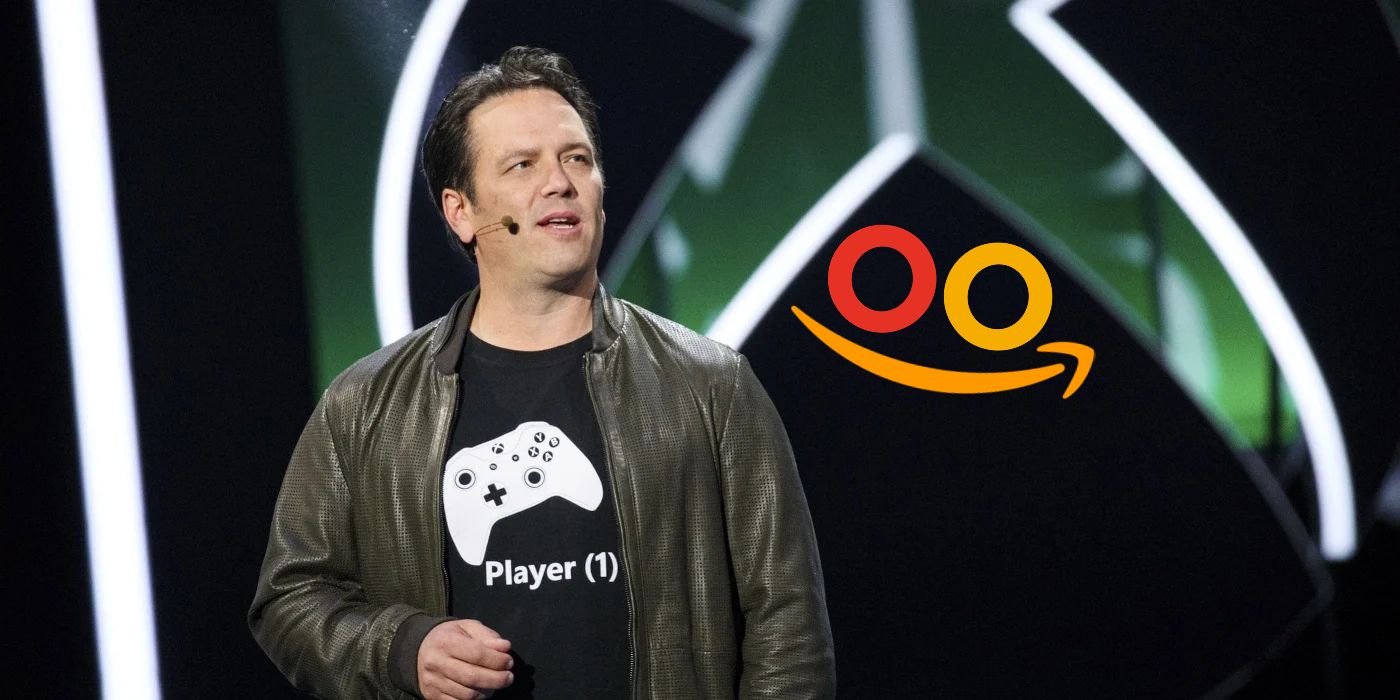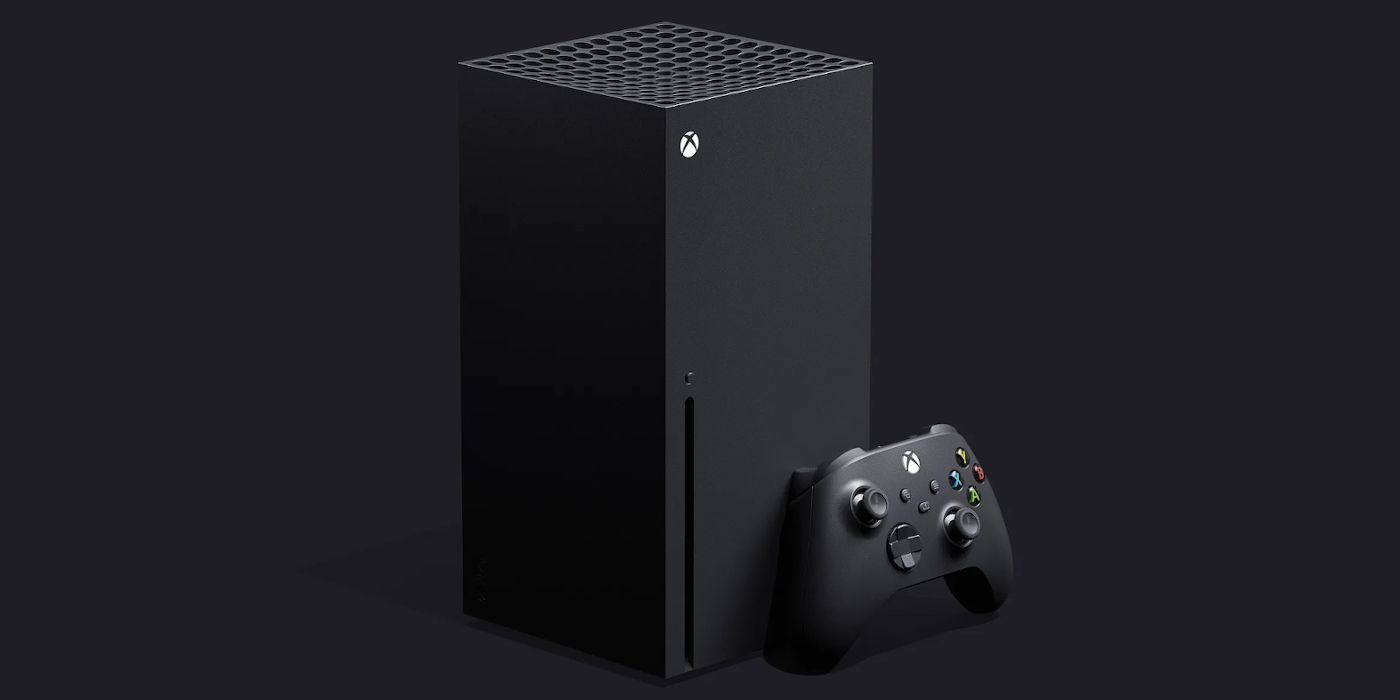
When it comes to next-gen gaming, Microsoft doesn't see Sony and Nintendo as its main competitors anymore. The company has traditionally competed with PlayStation for domination of the gaming space, so Microsoft's shift in focus sends a strong message about its plans for the Xbox Series X, as well as its vision of where gaming will go next.
Conventional wisdom would call Microsoft foolish for believing it no longer needs to worry about its peers in the console space. The PlayStation 4 beat the Xbox One by a wide margin this generation, giving Sony an advantage for the new consoles' launch so large it's confident enough to skip E3 for the second year in a row. With Sony teetering on the edge of the kind of cockiness that led to the PS3's disastrous reveal, it would be odd for Microsoft to even hint at any kind of hasty posturing. But it's not - not primarily, at least. Microsoft is just playing the long game.
Rather than Sony and Nintendo, Microsoft's Phil Spencer said Xbox is competing with Amazon and Google above all else. Spencer said Sony and Nintendo are "out of position," relative to Microsoft and its new competitors, when it comes to what he called the "ultimate" goal: figuring out how to make gaming accessible to as many people as possible. To do this, Microsoft is looking to its Project xCloud game streaming tech, backed by the company's established Azure cloud infrastructure. Microsoft seems to be attempting to create more of a gaming "ecosystem" than a singular console. This is likely why the Series X will be backward compatible at launch (presumably with Xbox Game Pass games, too), why Series X launch games will be cross-gen, and why the mysterious Xbox Series X back port will allow for storage expansion. Microsoft is less worried about people playing on any particular piece of Xbox hardware than it is about them playing Xbox anywhere they can.

In fact, the next generation of Xbox isn't even a single console. It's just called "Xbox," and the Xbox Series X seems to be only the first model what could be a line of many different Xbox consoles (similar to the iPhone 11, 11 Pro, 11 Pro Max, and so on). One could imagine Microsoft will release a cheaper, all-digital Xbox console, for example, called something like "Xbox Series D." Microsoft is no longer trying to sell anywhere close to as many units of its marquee console as Sony - it lost that battle long ago. So instead, it's looking beyond traditional hardware to a more fluid system, where games can be played on a variety of devices but still remain under the Xbox umbrella.
Granted, Microsoft probably wouldn't be pivoting to this strategy if Xbox sold better in previous generations. Then, it could just continue producing standard consoles forever. But at the same time, the pivot to cloud gaming seems like the logical conclusion of Microsoft's original plans for Xbox's brand. With the Xbox 360 and One, Microsoft wanted a person's Xbox to be the single-device hub for all of their entertainment. Now, it seems, Microsoft has taken that same idea and flipped it on its head: It wants every device to be the hub for a person's Xbox.
The Xbox Series X is set to launch during the 2020 holiday season.
from ScreenRant - Feed https://ift.tt/3bkApvE

No comments: